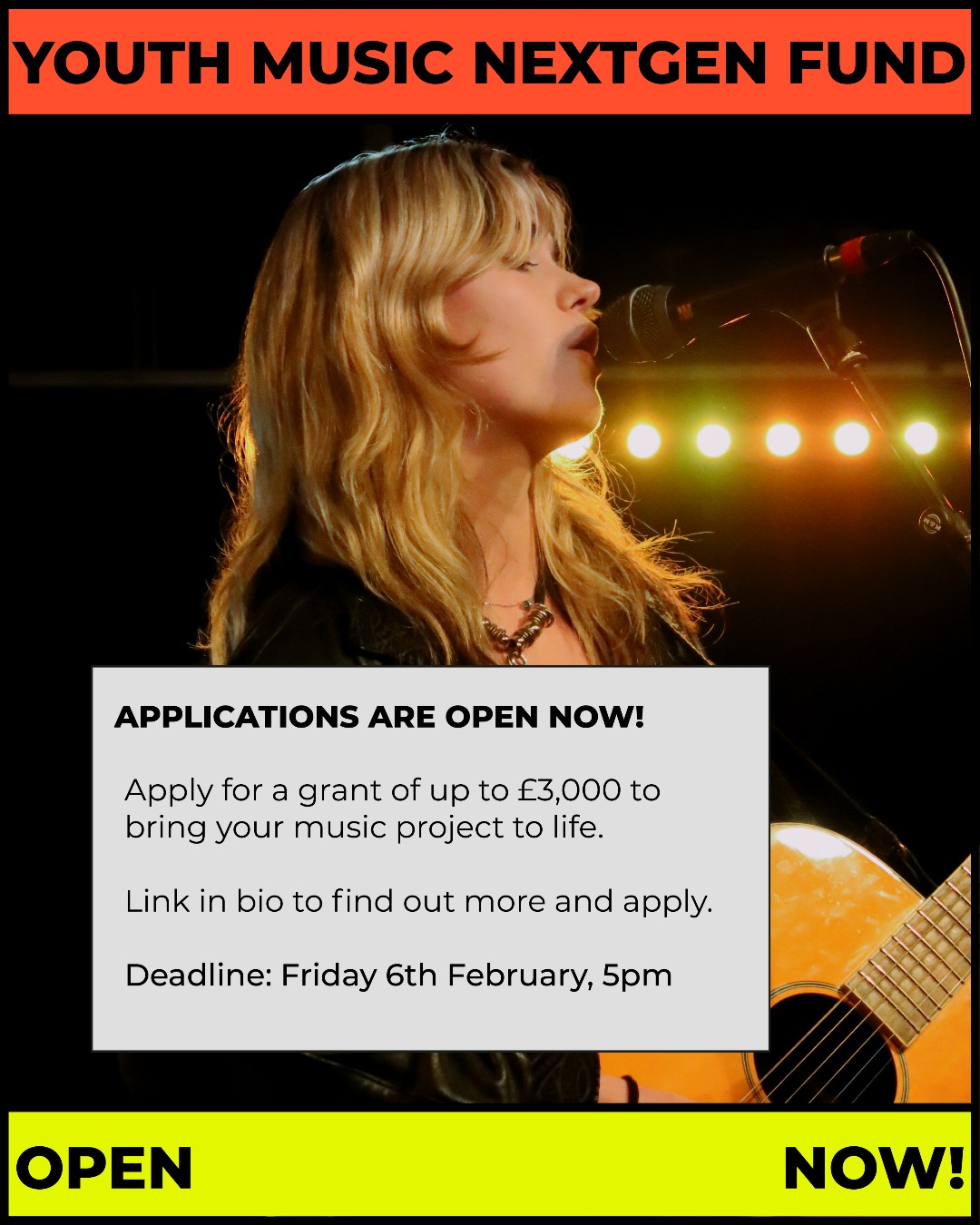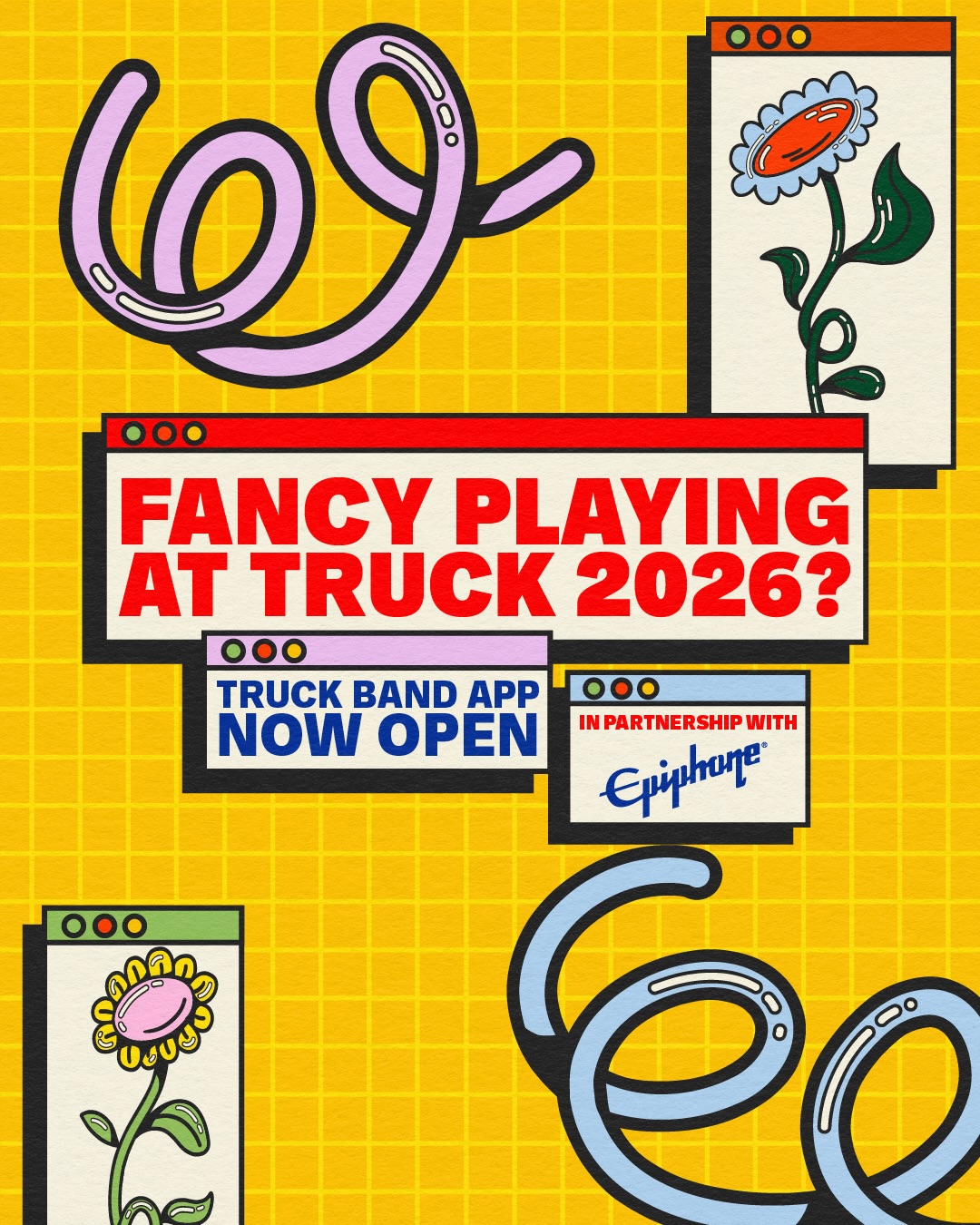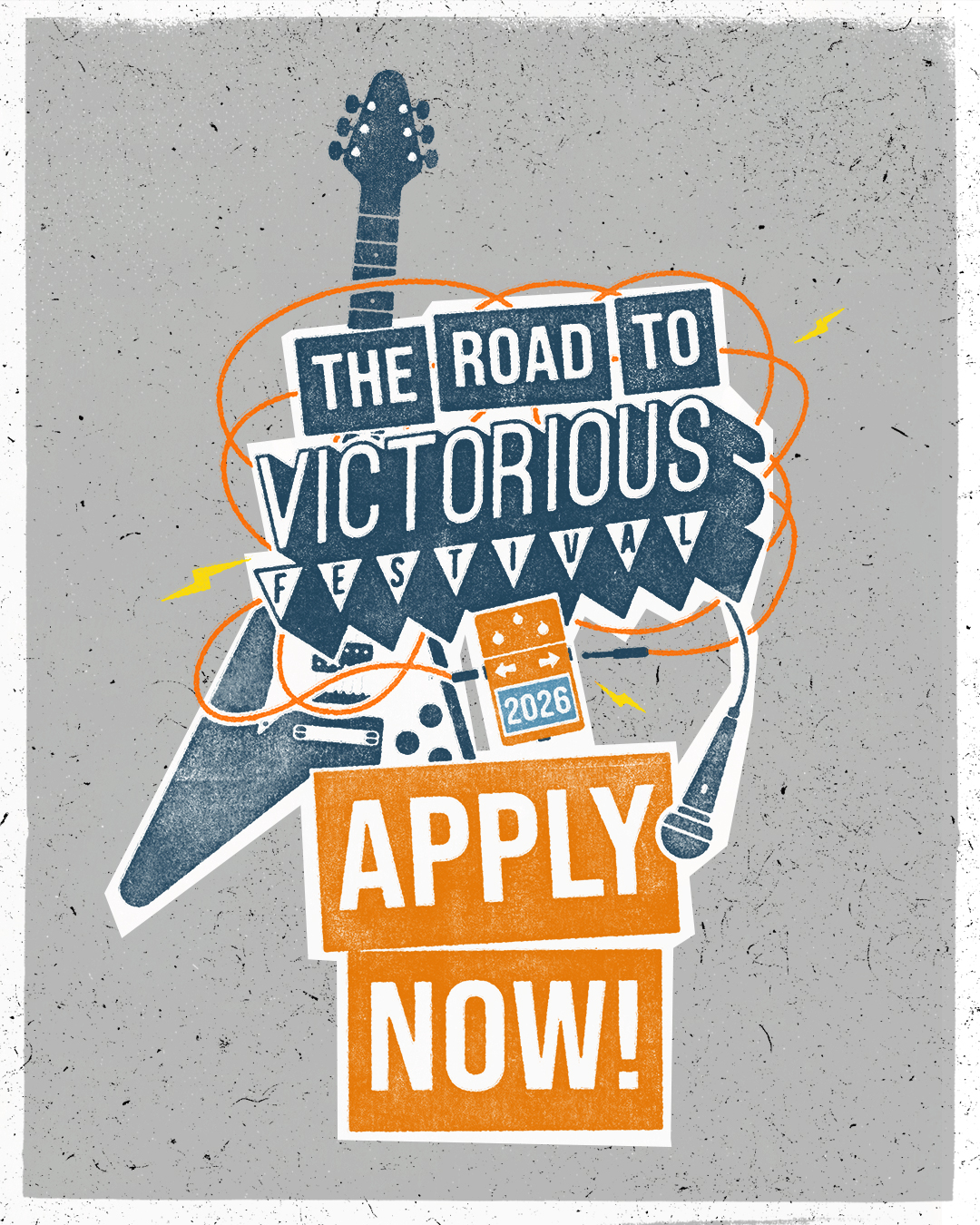Networking in the music sector: face to face and digitally
Blog by Stef Loukes under Finance, Law & Music Business, Music Training & Careers, Selling & Distributing Your Music

Networking is vital for anyone working in the music sector, whether you are a session musician, songwriter, teacher, or work in music administration. Interacting with others is one of the best ways to find work and collaborators, become noticed, improve your understanding of the industry and to build a team around you. If you are not familiar with networking or lack confidence, here we provide helpful guidance to get you started.
Face-to-face networking
Building relationships face-to-face is important as people are more likely to work with you if they feel they know, like and trust you – it can be harder to build relationships online.
Music conferences, trade shows, seminars and events are good for networking, and cover a diverse range of topics from music teaching to performing and from song writing to working in the industry. You can make valuable connections with other musicians and music professionals at gigs and rehearsals. If you’re looking to work with organisations or individuals outside the music sector, local business networking can also be very useful.
Preparation
Before you attend the event think about:
- what you want to get out of it – do you have a particular aim in mind
- your audience – ask the host who’s going to be there or obtain a list of guests, either before the event or upon arrival
- what you want people to know about you; develop a short, memorable introduction that focuses on your unique selling
points (USPs)
- bringing business cards with your name, website, email address and phone number on it; or be ready to store details
digitally
- what you will wear, is there a dress code? One way to stand out is to wear something colourful or unusual
On arrival:
- keep hold of your drink in your left hand, so that you can shake hands with your right
- put your phone away, as people are less likely to approach you if you’re focusing on it
- look around the room and see if you recognise anyone you want to speak to or who might be able to introduce you to
someone useful
- think about the group dynamics of the people in the room – is there anyone standing alone who you can talk to?
- it’s okay to stick with a friend when you arrive, but try to go your separate ways or at least approach new people together
Building trust:
As you talk to people there are simple ways to encourage them to trust and engage with you...
- try to use open and positive body language, smile, maintain eye contact and mirror the mannerisms of the person
you’re talking to
- when you meet someone for the first time, shake hands, and try to repeat their name back to them (‘Nice to meet you Jo’) –
this will make them feel listened to
- be a good listener – this means listening to understand and not just to reply: focus on what they are saying
What to say:
When you talk to someone, ask them questions and think of topics to discuss that are relevant to them. Use open-ended questions: who, what, where, why, when and how?
If you can’t think of anything to say, ask about the event – who do they know? how did they get here? Think of topics you can confidently talk about, like seasonal or industry events, music recommendations or travel.
The conversation:
If you have a particular aim, keep this in mind but don’t immediately mention it. Open the conversation with light-hearted small talk and once you have built up a rapport, weave in your requests.
Don’t be afraid to approach people and ask them for advice – you’ve got nothing to lose by trying.
If you’ve had a useful conversation, obtain the person’s contact details. Swap business cards or put their contact details in your phone. Remember what you discussed!
Leaving the conversation:
Try to exit a conversation gracefully – remember that you might come across them again so be kind and polite. The best approach is to come up with an exit phrase that you feel comfortable with, for example: ‘Well, I’d better let you get on and speak to some more people. It’s been great to chat – do stay in touch’.
Afterwards:
After the event, follow up with the people you have chatted with, ideally the next day, with an email or a direct message. Keep your emails short, succinct and tailored to the person you are contacting. You can send a sample of your music or a link to your website to encourage them to find out more about you. If you want to discuss things further, perhaps suggest a meeting or a phone call. Don’t be afraid to chase them if they don’t get back to you, but don’t be excessive!
Digital networking: social media
It’s not always possible to meet people face-to-face but you can make new connections online. When you’re networking online, be friendly and polite, remember to thank people and don’t write anything you might later regret, particularly on social media.
Social media is a fantastic free tool to promote yourself and connect with other musicians and organisations. Make sure your social media channels are up to date with interesting and relevant content; use high quality, correctly sized photos and have a clear, concise bio.
Interact with both individuals and organisations on social media. When posting, engage with, mention and tag relevant organisations and people to encourage them to connect with you or share your posts, i.e. if you’re an artist who performed a gig, tweet the venue thanking them, and they might retweet it. Use hashtags when you’re at events so that other people can discover you. As with face-to-face networking, engage with people first before asking them for help.
Digital networking: website and email
If you have a website make sure it is up to date, attractive, reflective of your personal brand and easy to navigate.
When you network online, make sure you provide clear links back to your website so that people can discover more about you and can easily contact you. If you arrange reciprocal promotion consider swapping links to each other’s websites, as having links to your website on other established sites will help people to find you and can boost your Google rankings.
If you want to get in touch with an individual or organisation by email, you may find their contact details online. If you can’t find the right person to contact, think about who you can ask to put you in touch or introduce you.
The ISM offers a wide range of networking opportunities for members through our local groups, organised events, ISM Facebook group, Member Connect, e-newsletters and Opportunities for performers and composers pages.
Tags
Incorporated Society of Musicians offer advice on networking with music industry professionals






